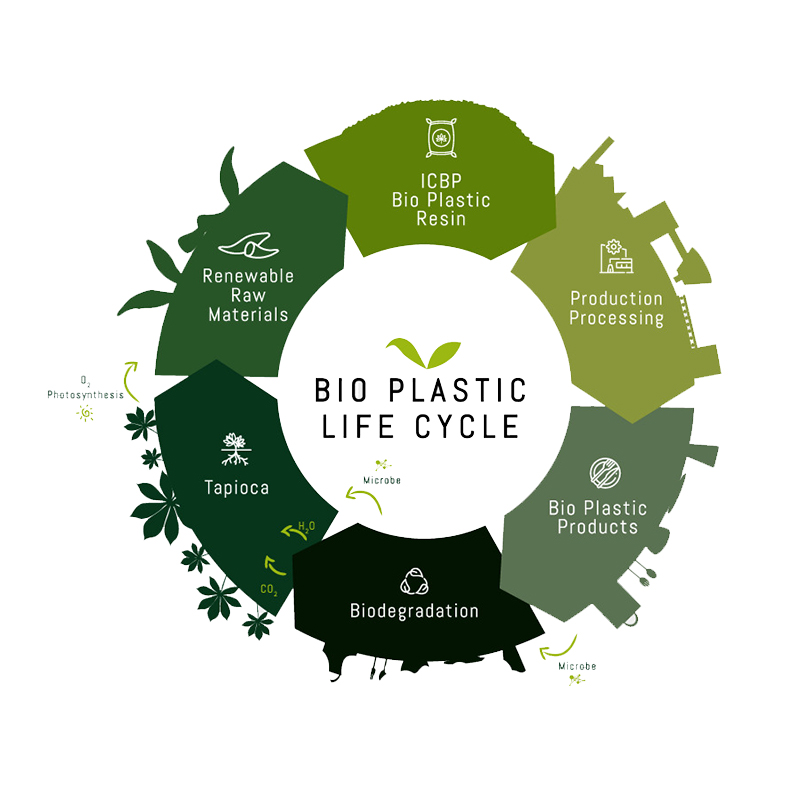バックパックの未来を変える: 注目のバイオベース素材
Nov 21, 2024
想像してみてください。 バックパック 機能的なだけでなく、持続可能な未来にも貢献します。竹、トウモロコシ、農業廃棄物などの再生可能な素材から作られたバイオベースのバックパックは、業界に革命をもたらし、パフォーマンスを犠牲にすることなく環境に優しいソリューションを提供します。 バイオベース素材とは何ですか?バイオベース材料は、有限の化石燃料ではなく、植物、藻類、農業副産物などの再生可能な生物資源に由来します。一般的な例には、ポリ乳酸 (PLA)、コルク、オーガニックコットン、竹繊維などがあります。これらの材料は多くの場合、製造時の炭素排出量が低いことが特徴であり、従来の石油ベースのプラスチックへの依存を減らすのに役立ちます。たとえば、コーンスターチから得られる PLA は、すでに生分解性の包装材に使われています。同様に、コルクや竹の繊維もその独特の質感と持続可能性の証明で注目を集めており、環境に配慮したデザインに最適です。なぜバイオベース素材がバックパック業界に革命をもたらしているのか持続可能性の目標: 二酸化炭素排出量の削減を目標とする世界的な規制により、バイオベースの素材は多くの組織の持続可能性に関する義務と一致しています。市場動向:最近の調査によると、米国とヨーロッパでは持続可能な製品の需要が大幅に増加しています。 25% 過去5年間で。調達マネージャーは、最終顧客の期待に応えるために、環境に優しい製品を優先します。機能革新: コルクなどの素材は耐水性を提供し、竹繊維は抗菌特性を提供し、バックパックのデザインと使いやすさを拡張します。環境への影響: バイオベースの素材は、単にプラスチックを置き換えるだけではありません。全体的なライフサイクル排出量を削減し、循環経済を促進します。課題と機会バイオベースの材料は革新をもたらしますが、コストの上昇や拡張性の制限などの課題に直面しています。しかし、バイオテクノロジーの進歩と規模の経済により、これらの懸念は急速に解決されつつあります。たとえば、一部のメーカーはコスト削減を報告しています。 20-30% 過去 3 年間でバイオプラスチックの開発が進められ、より広範な採用への道が開かれました。 Synberry の持続可能性への取り組みで シンベリー、私たちはバックパックのデザインにバイオベースの素材を組み込むことに取り組んでいます。主要なサプライヤーと協力し、研究開発に投資することで、当社は持続可能性、機能性、費用対効果のバランスを取るよう努めています。当社の取り組みには、植物ベースのライニング、生分解性ハードウェア、バイオ複合補強材などのオプションの検討が含まれており、当社の製品が最高の業界基準を満たしていることを保証します。Synberry の持続可能なバックパックのサプライヤーとして、私たちは調達マネージャーに環境に配慮したソリューションを提供することの重要性を理解しています。バイオベースの素材を製品範囲に組み込むことは、増大する消費者の需要に対応するだけでなく、持続可能性への取り組みを強調することにもなります。一緒にバックパック業界を、よりグリーンで革新的な未来に向けて導きましょう。

 サポートされているネットワーク
サポートされているネットワーク
